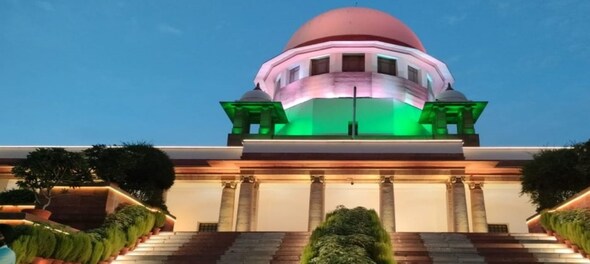
Case 1: Comments in Google Review doesn’t amount to defamation
The Madras High Court has recently (2023 LiveLaw (Mad) 263) absolved users of products and services posting their reviews or comments online from the charges of defamation. Google review is such a rage these days. Indeed, many wannabes go through such reviews before buying a product or service.
A client who was dissatisfied with the services of her advocate minced no words in her review. Then the advocate sued her for defamation. The Court drew the line between defamation and fair comment which is already an exception to the charge of defamation and absolved her of the charge of defamation.
The Court order cuts both ways for the publicity or review seeker. If he only wants adulation and is not sufficiently thick-skinned to take criticism on his chin, he better stay away from the game. Parenthetically, there is a view that bulk of the comments are stage-managed ones but that is for a different time and occasion.
Case 2: Parent can revoke gift of property if the child neglects him/her later on
The Madras High Court on September 12, ruled that the words ‘subject to condition’ used in section 23(1) of the Maintenance and Welfare of Parents and Senior Citizens Act 2007 should be interpreted broadly to indicate an implied condition to look after the senior citizen.
This is bound to be lapped up by parents who are neglected by their wards after accepting their parents’ properties with two eager hands earlier. Typically, it is said that a gift should be unconditional and without strings attached. But the impugned law must be hailed for rescuing parental gifts from such straight-jacketing.
Parents generally are selfless when it comes to securing the lives of their children but then they have the right to have expectations from their children—to be taken care of during the autumn of their lives.
Case 3: Need to balance the right of the media to inform and the need to eschew media trial
The Supreme Court on September 13, in a PUCL vs State of Maharashtra matter, asked the Ministry of Home Affairs (MHA) to make guidelines within three months to balance the need for the media to inform and eschew media trial in consultation with Directors General of police of states and Union Territories.
The main worry is media cherry-pick their sources, euphemism for government functionaries seized of the matter, and mould, twist and turn the facts often to the detriment of the accused, painting him/her in a black hue.
The MHA hopefully would take a leaf from the guidelines prevalent in a few states in the USA to strike such a fine and fair balance.
Case 4: Waiver of right to appeal not cast in stone in tax amnesty matters
In P. M. Paul vs State Tax Officer & Others matter, the Supreme Court of India in a September 1 order, upheld the right of the assessee to revert back to the appellate mechanism under tax laws if his amnesty petition is rejected under a tax amnesty scheme.
It is de rigueur for tax amnesty schemes to call upon the participants i.e., those availing of the scheme to renounce their statutory right to appeal as a precondition for availing of such an amnesty scheme. This is as should be because one cannot be allowed to pursue multiple remedies in a manner of doing forum shopping.
By the same token, the appellant should not be condemned to suffer a double whammy which would be the case if he were to be left high and dry on being denied participation in the amnesty scheme, and at the same time stew in his own juice for renouncing his right to statutory appeal. Having denied him admittance into the amnesty scheme, it is only fair that his statutory right to appeal is revived.
—This column, Legal Digest, interprets various case verdicts or procedures and their implications in the current social and business scenario. The author, S Murlidharan, is a CA by qualification, and writes on economic issues, fiscal and commercial laws. The views expressed are personal.
Read previous Legal Digest columns here
(Edited by : C H Unnikrishnan)
First Published: Sept 23, 2023 9:08 AM IST
Check out our in-depth Market Coverage, Business News & get real-time Stock Market Updates on CNBC-TV18. Also, Watch our channels CNBC-TV18, CNBC Awaaz and CNBC Bajar Live on-the-go!


Lok Sabha Election 2024: What rural Delhi wants
May 16, 2024 10:10 PM
Over 50 onion farmers detained in Nashik ahead of PM Modi's visit
May 16, 2024 11:14 AM
Why Google CEO is cautiously optimistic about the election year
May 16, 2024 9:51 AM
Mark Mobius reveals how markets will react if NDA wins 400+ Lok Sabha seats
May 15, 2024 8:09 PM

